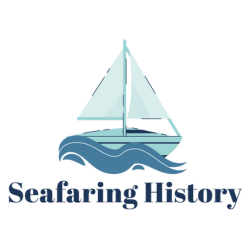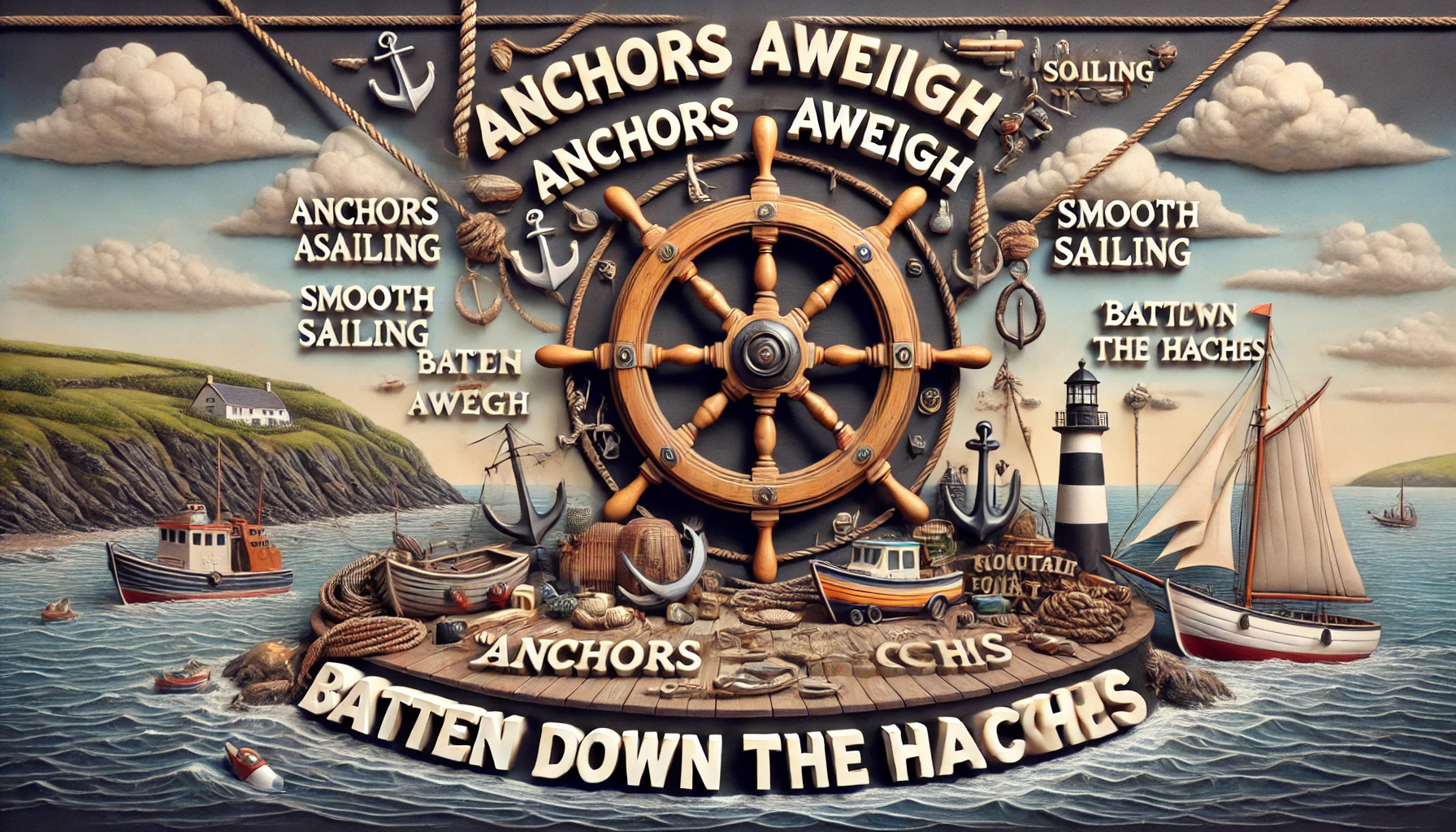Language often reflects the culture and experiences of those who use it. In many cases, the influence of seafaring has enriched the English language, introducing colorful idioms and phrases that are still popular today. Many common expressions stem from life at sea, showcasing how maritime traditions have shaped communication.
When sailors faced challenges or remarkable moments on their journeys, they created terms that captured these experiences. Over time, these nautical phrases found their way into everyday language, allowing people to communicate complex ideas simply. For example, saying someone is “all at sea” reflects confusion, a feeling familiar to sailors navigating stormy waters.
Exploring the maritime origins of popular sayings reveals fascinating stories about human resilience and adventure. Readers will discover how these expressions not only enhance language but also connect to the rich history of seafaring. Insights into these idioms highlight the lasting impact of the ocean on communication today.
Historical Development of Seafaring Lexicon
The seafaring lexicon has evolved over centuries, influenced by various cultures and experiences at sea. Maritime language reflects the unique life of sailors and their interactions with the ocean. This section delves into the origins of maritime language and explores how specific terms have traveled through time.
Origins of Maritime Language
Maritime language dates back to ancient civilizations when humans first took to the seas. Early sea voyages required specific terms for navigation, ships, and maritime activities. These terms were often borrowed from various languages as cultures interacted.
As sailing technology developed, so did the vocabulary. The rise of trade and exploration added new words. Terms from different regions blended, creating a rich tapestry of language. For example, words like “cargo” and “buoy” found their roots in old maritime practices.
Sailor Speak: Terms That Travelled
Sailor speak is full of colorful terms that have crossed over into everyday language. Many phrases came from the daily lives of sailors. Words like “mate” for a friend or the term “to keel over” for falling unconscious show how seafaring influenced common expressions.
Some terms like “sailing under false colors” refer to deception at sea but are now used in various contexts. Colloquialisms like “three sheets to the wind” originated from sailing terminology, describing a ship out of control.
These expressions survived because of storytelling and seafaring culture’s strong influence on literature and society. The maritime lexicon remains a lively part of our language, demonstrating the enduring spirit of those who braved the ocean.
Nautical Terms in Everyday Language
Seafaring has made a lasting mark on everyday language. Many common expressions and idioms have origins that trace back to the life of sailors. These phrases enrich the way people communicate and often carry vivid imagery.
Common Idioms with Seafaring Roots
Several everyday idioms derive from nautical life. For example, the phrase “by and large” comes from sailing, meaning everything is good despite some minor issues.
Another common expression is “to take the wind out of someone’s sails.” This means to diminish someone’s confidence or enthusiasm. Phrases like “showing the ropes” also reflect the sailing experience, referring to teaching someone the basics of a new task.
These expressions often add a colorful flair to language, showing how deeply seafaring has influenced communication.
Expressions Born from the Golden Age of Sail
During the Golden Age of Sail, many phrases emerged that continue to be relevant today. “All hands on deck” was a call for everyone to assist during critical times. This phrase is still used in various contexts to signify teamwork.
Additionally, “bite the bullet” has roots in maritime history, referring to enduring pain or hardship. Sailors often had to endure tough situations without complaint.
These expressions remind people of the rich history of sailing and the teamwork and resilience it required.
Linguistic Influence of the Navy and Merchant Ships
The impact of the Navy and merchant ships on language is significant. Terms like “scuttlebutt,” which refers to gossip, originated from sailors gathering around the water cooler on ships.
Moreover, “pressing into service” highlights the historical practice of enlisting sailors against their will, a practice that influenced the language of obligation. The nautical context adds depth and meaning to these phrases.
Overall, the influence of seafaring life has shaped many aspects of modern language, making it more vibrant and relatable. Each term tells a story of life at sea, blending history with communication.
Cultural Exchange and Language Transformation
Cultural exchange plays a significant role in shaping language, especially in areas influenced by seafaring. As people from various backgrounds interact, they share words, phrases, and idioms that create unique linguistic landscapes. This transformation often occurs in bustling port cities and through the impact of trade and colonization.
Port Cities as Linguistic Melting Pots
Port cities are vibrant hubs of cultural interaction. They welcome sailors, traders, and immigrants from different regions, leading to a blend of languages and dialects.
In these cities, communication often requires a mix of languages. For instance, a sailor from Spain might use terms from English or French to connect with local merchants. This interaction not only enhances vocabulary but also introduces idioms that reflect the experiences of seafaring life.
Examples of such idioms can be seen in phrases that relate to the sea, like “to weather the storm,” which signifies enduring difficult times. Port cities remain crucial for understanding how language evolves through the melding of cultures.
The Role of Trade and Colonization
Trade has long served as a catalyst for linguistic change. When goods are exchanged, so too are ideas and language.
Colonization often forced local populations to learn the language of their rulers. This led to the incorporation of words and expressions from the colonizers into indigenous languages.
For example, the spread of English during colonization introduced numerous idiomatic expressions to new regions. Terms like “jump ship” originated from maritime activities and are now used in various contexts.
Trade routes also contributed to the adoption of loanwords. These borrowed terms enrich language, adding depth and diversity to communication. Through trade and colonization, communities continue to shape and transform language over time.
Modern Seafaring Jargon and Technology
Seafaring jargon continues to evolve with advancements in technology. Many traditional terms are still used today, but new language has emerged to reflect modern practices.
Common Modern Terms:
- Bridge: The area where the ship is navigated.
- Bow: The front part of the ship.
- GPS: Global Positioning System for precise location tracking.
Technology has significantly changed how sailors communicate. Electronic devices, like radios and satellite systems, now play key roles in navigation and safety.
Key Technologies:
- VHF Radio: Used for short-range communication between vessels.
- AIS: Automatic Identification System for tracking other ships.
- ECDIS: Electronic Chart Display and Information System, essential for modern navigation.
In addition to these tools, technology influences training. Sailors now use simulations and online courses to learn the latest skills and practices.
Even with changing language, the spirit of seafaring remains strong. New terms enhance the rich tradition while helping sailors adapt to new challenges. This mix of old and new creates a unique maritime culture that thrives on innovation.

